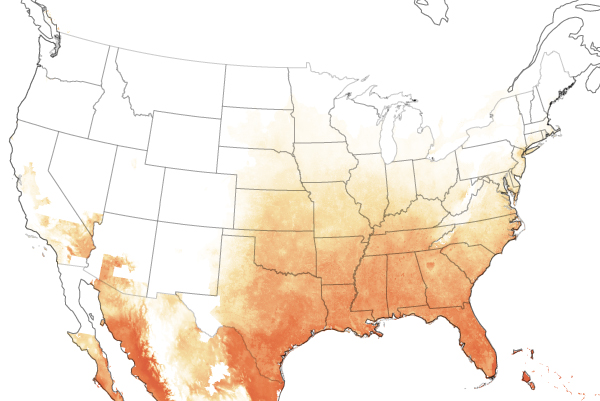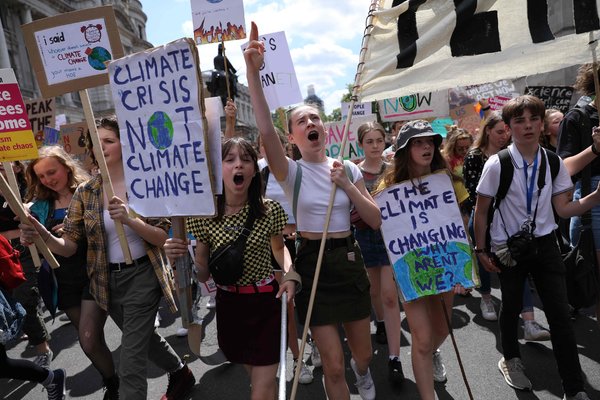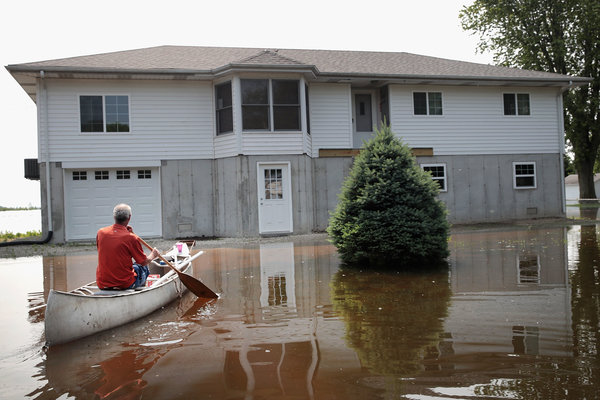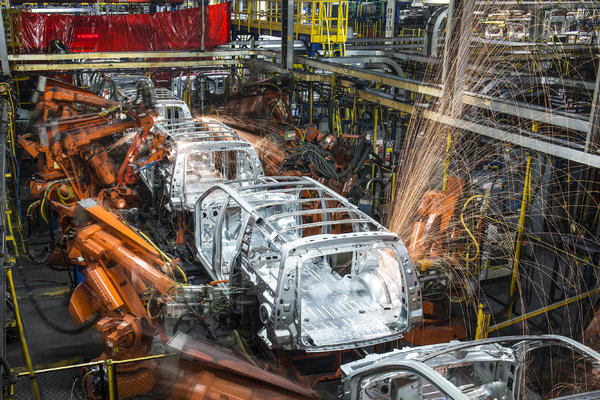Welcome to the Climate Fwd: newsletter. The New York Times climate team emails readers once a week with stories and insights about climate change. Sign up here to get it in your inbox.
By Eduardo Garcia

CreditTyler Varsell
The barbecue season has arrived. I went to my first cookout of the year a couple of weeks ago and, while I really enjoyed a few cold beers and plenty of delicious food, I couldn’t help thinking about the smoke that came from my friend’s charcoal grill.
Does that smoke contain high levels of greenhouse gases? For insight, I contacted Eric Johnson, an environmental consultant based in Switzerland who wrote a study comparing the carbon footprints of charcoal and gas grills.
Mr. Johnson said charcoal grills typically generate three times as much greenhouse emissions than gas for the same cooking job. “People tend to overuse charcoal,” he said. “But when you use gas or propane, you turn the grill on and off.”
He found that a typical charcoal grilling session emits as much carbon dioxide as driving a car for roughly 26 miles.
That may not sound like a lot. But, consider the fact that approximately 90 million Americans own a charcoal grill. “These things add up in the end,” Mr. Johnson said.
Two other factors can worsen the environmental footprint of charcoal grills: Not all charcoal comes from renewable resources, and the accelerants that are often used to start a charcoal fire are usually made from fossil fuels. (The most environmentally friendly way to get a charcoal fire going is to use a chimney starter.)
Electric grills don’t emit carbon dioxide, but, given that coal is burned to produce more than a quarter of the power generated in the United States, Mr. Johnson said that gas would probably be the most sustainable barbecue option in most cases.
Organizing an environmentally friendly barbecue is also about serving food and drinks in compostable or reusable plates and cups, reducing food waste by planning ahead and favoring grilled vegetables over meat.
If you don’t want to cut the meat altogether, you could try these five burger recipes that blend meat and mushrooms.
“Mixing your meat patty with 30 percent plants like mushrooms is an easy way to satisfy your carnivore friends and do something helpful for the planet,” said Sujatha Bergen, director of health campaigns at the Natural Resources Defense Council.
Don’t mess with Texas pipelines
Texas is making it a lot riskier to protest new pipelines.
The Critical Infrastructure Protection Act, a new measure passed by the state legislature, would increase penalties for damaging or interfering with oil or gas pipelines and related infrastructure, in some cases allowing felony charges, stiff fines and jail time of up to 10 years. Punishable offenses include entering such facilities without permission and the intention to cause damage.
Organizations involved in protests could be hit with penalties of $500,000.
Gov. Greg Abbott has yet to sign the bill, but he has signaled no opposition and it will most likely go into effect on Sept. 1.
The bill resembles those already passed by a half-dozen states, including Louisiana, North Dakota and South Dakota. Those measures, which have proliferated in the wake of protests over the Dakota Access Pipeline, have much in common with a model infrastructure protection act drawn up by the business-backed American Legislative Exchange Council.
The Trump administration, too, has proposed legislation along the lines of the ALEC model as part of a pipeline safety reauthorization bill.
The trend clearly worries civil liberties organizations. Some, including the American Civil Liberties Union and the Center for Constitutional Rights, have begun legal challenges.
Kate Ruane, senior legislative counsel for the A.C.L.U., said that “they all have the same effect, which is to chill protests and protesting activity that the government doesn’t like.”
While the sponsors of the pipeline bills say they are essential to fight destructive protests, Marla Marcum, a founder and director of the Climate Disobedience Center, noted that trespassing and vandalism were already illegal. The new laws, she said, are written in such “overly broad” ways that they won’t simply prevent damage to infrastructure but will have the practical effect of chilling constitutionally protected activism.
“The primary intent is to suppress dissent,” she said, and “to paint dissent as an illegal act.”
State Senator Brian Birdwell, a Republican who sponsored the bill in the Texas Legislature’s upper chamber, suggested its impact would ultimately depend on prosecutorial discretion. “These offenses, the penalties are ceilings, not floors,” Senator Birdwell said, according to The Texas Observer.
More Global Warming Coverage













